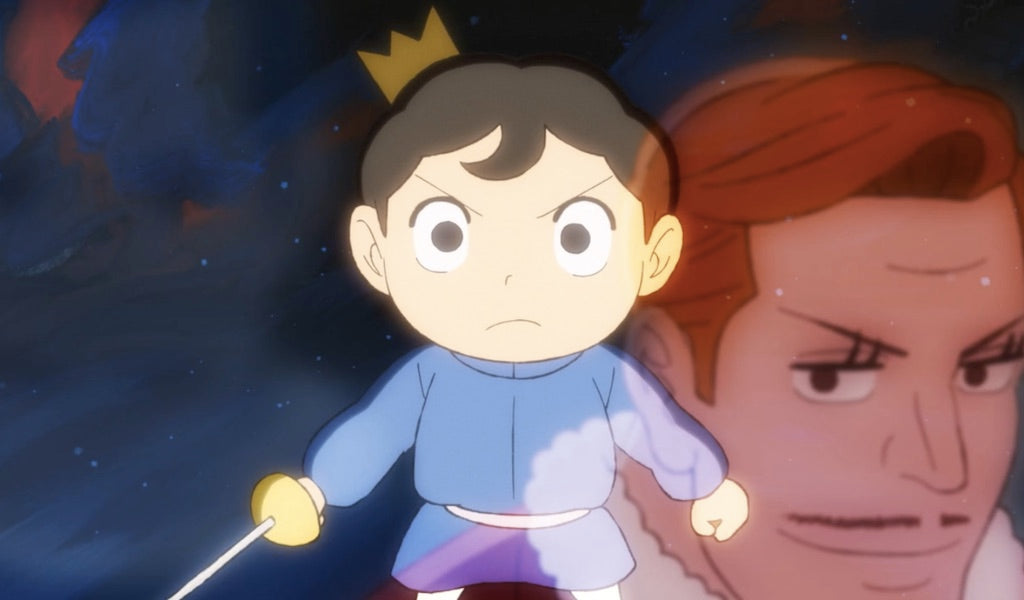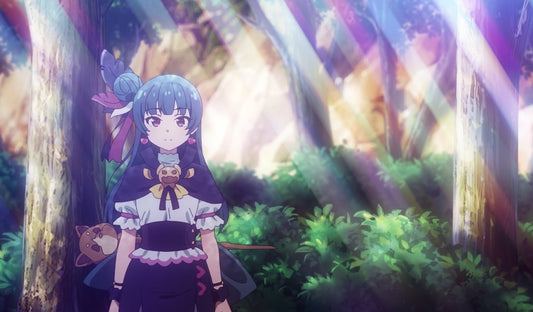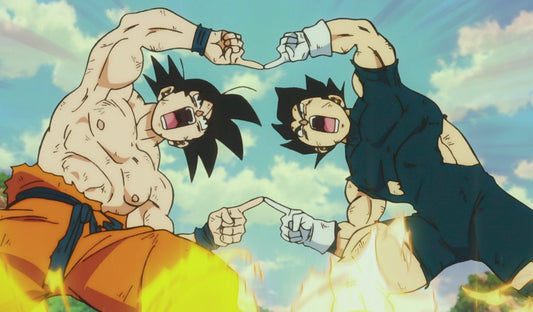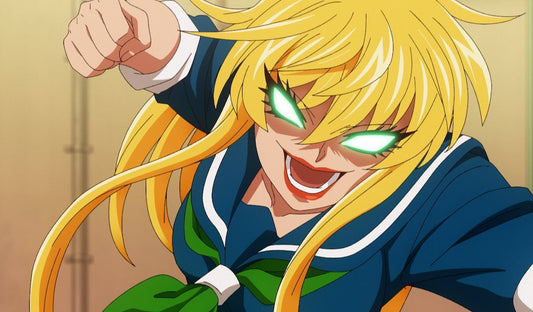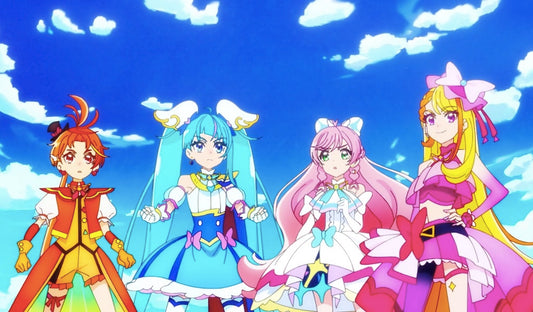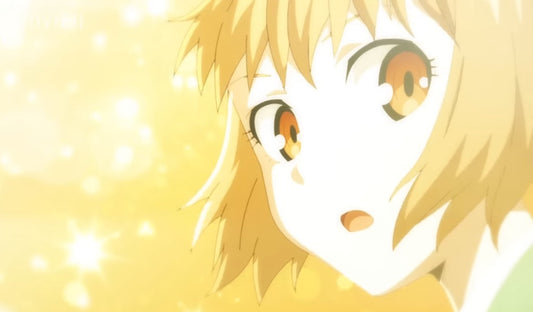
Ranking of Kings is a popular anime, and for good reason. The story is gripping and unpredictable, and the characters are full of depth and personality—most notably in its protagonist, Prince Bojji. While recent shounen anime are full of excellent heroes like Deku (My Hero Academia) and Tanjiro (Demon Slayer), this series is also the rare case of an action-oriented series where a main character with disabilities is portrayed not as inspiration porn or as having some superpower resulting from his circumstances. Ranking of Kings impresses me because it neither ignores his disabilities nor makes them Bojji’s only defining qualities.
A Note
Before I go into any details, I want to make it clear that I myself do not have any disabilities, so my perspective is limited. I can only give my view as an able-bodied individual who finds himself fascinated by the respectful manner in which Bojji’s character is presented. I welcome any comments that can expand my perspective.
The Story
In a world where kings across the world are tiered according to the power and prosperity of their kingdoms, the #7-ranked Bosse Kingdom stands out. Its leader, King Bosse, is both a literal and figurative giant among men with unparalleled brute strength, but his son and heir apparent, Bojji, is the complete opposite: a physically frail boy far weaker than even regular humans. What’s more, Bojji is deaf and so most assume him to be a fool. Despite the many doubters, Bojji strives to become a worthy prince, his greatest asset being his caring heart and his sense of goodness.
The Disabilities
Bojji’s disabilities are both natural and supernatural. His deafness is little different from what one would find in the real world, and he learns to communicate through lip-reading, sign language, and interpreters. His supernatural disability is the fact that he’s a giant without size or strength. Bojji may be swift, but he’s portrayed as a product of diligent practice and not as some kind of fantastical ability to counteract his giant In fact, outside of an iron stomach immune to poison, his giant’s physiology doesn’t play any real role.
The Limited Views of Others

One of the challenges Bojji faces is not that his disabilities are inherently disadvantageous, but that others expect him to conform to their standards of “proper” behavior. Early on, Bojji engages in a practice duel with his younger brother, Prince Daida, and surprises everyone with great agility. However, because Bojji is not fighting the “appropriate” way befitting a king, i.e. overwhelming the opponent through sheer physical might, Bojji is made to engage in a counterintuitive manner and ends up losing. Later, when he meets another master who tailors his methods to Bojji, the young prince is able to exceed all expectations.
Taking Bojji’s Journey to Heart
The contrast in how Bojji learns to fight from his two teachers provides a poignant lesson in not trying to cram a square peg into a round hole even if society assumes only round pegs matter. His strengths and limitations are not automatically more hopeless than others, and it’s only because others carry their own preconceived notions that Bojji is viewed in a lesser light. In this respect, Ranking of Kings does an outstanding job in showing how Bojji is as true a hero as they come.

Other Articles You Might Be Interested in:
THE BEST LOVE LIVE! ANIME SO FAR?!: LOVE LIVE! SUPERSTAR!!
DIGIMON, DOREMI, AND THE TIME DILATION OF NOSTALGIC SEQUELS
A HAREM MOST STRANGE: HOW DELINQUENT MANGA “ROKUDOU NO ONNA-TACHI” DEFIES EXPECTATIONS
